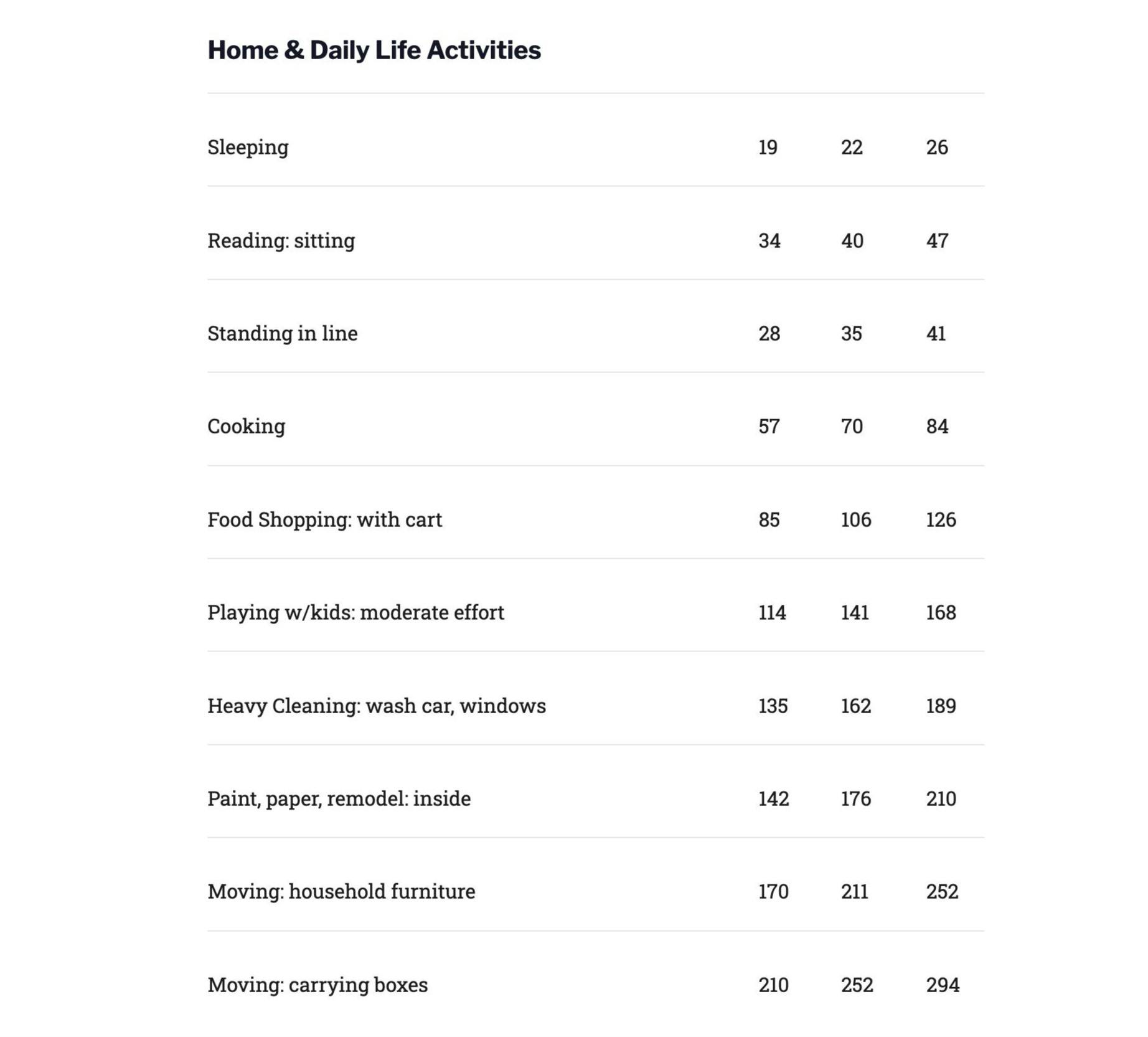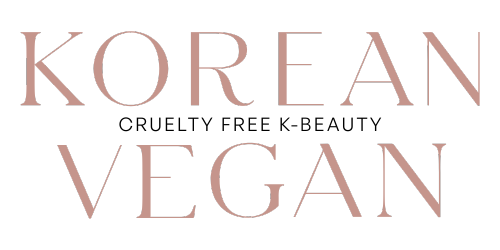Does Exercise Help You Lose Weight?
We’ve all been there:
You’re trying to get rid of some extra “holiday weight,” your doctor has suggested that you lose a few pounds, or you want to transform your body into the slimmer version you remember from your 20s.
You start walking around your neighborhood for an hour every day and hit the gym to lift some weights a few times a week. After a while, you start running a couple miles here and there, throw in a Zumba class with your friends, even sign up for a local 5k.
You’re definitely feeling better–you’re no longer as out of breath when you climb up the stairs to go to bed. You can keep up with the kids’ game of tag. You even manage to go hiking with a group of friends with a fraction of the embarrassment that normally attends such outings.
But…
The scale refuses to budge.
At least not in the right direction.
Any of this sound familiar?
This past week, I saw a clip of an interesting conversation between a popular physician on YouTube, Doctor Mike, and a couple of podcasters. In it, Doctor Mike explains that for the average person trying to lose weight, exercise isn’t really going to do very much. Breaking down the math, he continues to describe that most people spend about 30 to 40 minutes on the treadmill, going for a walk, or hopping on the bike, and that doing so simply cannot compete with a poor diet or even an average diet (again, if you’re trying to lose weight).
Not surprisingly, there were thousands of angry comments beneath the post (which is probably why I can no longer find it). Professional athletes, fitness influencers, and even other physicians weighed in, decrying Doctor’s Mike’s “misinformation” about the efficacy of exercise in one’s pursuit of a slimmer, smaller physique.
But was Doctor Mike really far off?
Let’s look at it three different ways: (a) anecdotally, (b) mathematically, and (c) scientifically.
ANECDOTAL EVIDENCE: I Trained For A Half Marathon And Lost ZERO Weight.
In October 2021, I completed the Chicago Marathon and, at that point, was probably the lightest I’d ever been in my adult life. But, as is typical (of me, anyway), I put on weight over the next couple months, as I allowed my body to rest and recover from marathon training. I figured that training for a half marathon–which entailed running up to 35 miles a week–could help get my body back into shape while also divesting some of the pudge I’d acquired during the winter months. As a result, in late December, I signed up for and began training for the NYC Half Marathon, which was scheduled for March 2022.

Over the next few months, I ran, on average, 30 miles a week and up to 14 miles a day. I did not radically change my diet. I kept eating what I wanted to eat, when I wanted to eat it, and in whatever volume I desired. I lost no weight during those three months, despite burning thousands of “extra” calories a week from all the running I was doing.
In contrast, later that year, starting in September, I decided to watch what I ate, logging my meals into a food diary. I didn’t stop running, but I also wasn’t training for anything. I was getting anywhere from 15 to 20 miles a week–a lot less than when I was training for the half marathon. Within a month, I had dropped 2 dress sizes.
Anecdotal evidence is the least convincing of available evidence, but, in my case, it supports Doctor Mike’s theory–exercise seemed to play a fairly small role in my weight loss. I lost no weight at all when I didn’t watch my diet, despite exercising several hours a week. On the other hand, I lost a significant amount of weight when I paid strict attention to my diet, but pulled back on the exercise.
Perhaps the answer lies with math?
MATHEMATICAL EVIDENCE: How Much Exercise Does One Tablespoon Of Olive Oil Cost?
One tablespoon of olive oil contains about 120 calories. On average, it takes a person roughly 10 to 15 minutes to burn off one, single, solitary tablespoon of extra virgin olive oil. Depending on your genetics, weight, age, and gender, you burn anywhere from 1000 to 2000 calories just by breathing. Yay! This is called your basal metabolic rate or “BMR.” Some people are born with a fast metabolism and will burn up 10 tablespoons of extra virgin olive oil just by sneezing. Others will have to work it off the old fashioned way. Any calories above your resting metabolic rate (i.e., whatever you don’t burn off by breathing or exercising) remain at your body’s disposal to turn into, among other things, fat. This is how some people might gain weight from eating more than their body is capable of using up.
If you’re trying to lose weight, your body needs to be burning more than it is consuming. You have two primary tools in that regard: eating less than what your body burns or burning more than what your body eats. Put another way:
If you eat 2,000 calories a day but you want to lose weight, generally speaking (not diving into any exceptions related to thyroid disorders, genetic issues, or other unusual circumstances that might have a substantial bearing on thermodynamics), you need to burn 2,001 calories a day in order to lose weight. That “burn” can be composed of both your resting metabolic rate (i.e., what you burn just by breathing) and exercise. If you burn 2,001 calories a day just by breathing, theoretically, you’ll lose weight even without exercise.
If your BMR is lower than 2,000 calories per day, but you’re still eating that much, well, then, you’ll need to add some activity into your day to account for that. Again, depending on your genetics, weight, age, and gender, you can burn anywhere from 300 to 1,000 calories just from basic “non-exercise” activities: getting out of bed, walking down the stairs, taking your dog out, walking to the bus stop, cooking dinner, chasing your kids, etc.
The following is a fun, eye-opening chart of the amount of calories the average person burns from daily, routine activities, ranging from a 125 lb person (left), to 155 lb person (middle), to a 185 lb person (right).

As you can surmise, the amount of calories you burn can depend significantly on how active you naturally are. Are you the type who takes the stairs or opts for the elevator? Do you park as close as possible to the entrance or somewhere towards the back? Do you build houses for a living or sort data on an excel spreadsheet? A fairly sedentary person (e.g., office job) may only burn 1,600 calories a day, while a naturally active person (e.g., construction worker) can end up burning 3,000 calories a day.
Either way, the 300-400 calories you burn from your half hour jog on the treadmill amounts to a mere fraction of what your body is already doing just by breathing, sleeping and eating, and more importantly, will get you less than 4 tablespoons of olive oil (which, let’s be honest, makes everything tastes more delicious).
In conclusion, mathematical evidence also appears to support Doctor Mike’s opinion that moderate exercise has little impact in one’s pursuit of weight loss.
SCIENTIFIC EVIDENCE: Studies Reveal That Exercise Plays Minimal Role In Weight Loss.
According to one 2017 study, “A systematic review of studies with a minimum of 1-year follow-up suggested that subjects who used exercise alone for weight reduction experienced minimal weight loss.” Similarly, this 2018 study concluded “[a]lthough the minimum guidelines for aerobic [physical activity] (150 min of moderate or 75 min of vigorous physical activity per week) can improve [cardiovascular] health, these levels are generally inadequate for clinically significant weight loss or weight maintenance without caloric restriction.”
Thus, it appears that the scientific evidence also supports Doctor Mike’s statement that exercise plays a small role in weight loss.
So Should I Stop Exercising?
No!
Before you cut that walk short, drop those dumbbells, or cancel your registration for the St. Patrick’s Day 5k, ask yourself the following:
Do you want to lose weight or do you want to get healthy?
Do you want to be skinny or do you want to feel strong?
Do you want to fit into your goal jeans or do you want to get fit?
None of these are mutually exclusive, of course. But, it is important to get a handle on your priorities. If you just want to lose weight, it’s pretty clear that the most effective way to do that is to reduce your caloric intake by watching what you eat. But if you value your health (both physical and mental), your body’s strength, your ability to climb up the stairs without fainting, and a host of other benefits that come from regular physical activity, you should continue making exercise a priority, even if it does little to move the needle on the scale.
Indeed, according to one study, exercise is more important than losing weight when it comes to living longer. Specifically, the question scientists set out to answer was simple: “whether someone who is heavy gets more health bang from losing weight or getting up and moving.” According to Dr. Glenn Gaesser, a professor of exercise physiology, “Compared head-to-head, the magnitude of benefit was far greater from improving fitness than from losing weight.” More specifically, “sedentary, obese men and women who begin to exercise and improve their fitness can lower their risk of premature death by as much as 30 percent or more, even if their weight does not budge. This improvement generally puts them at lower risk of early death than people who are considered to be of normal weight but out of shape…”
Finally, notwithstanding the body of evidence that suggests exercise alone doesn’t do much for weight loss, the studies overwhelmingly conclude that exercise is very effective for weight maintenance.
So, Why Am I Writing About Weight Loss And Exercise?
This newsletter has always been (and will always be) a missive containing my thoughts from the week. This past week, I went on my very first run of 2024–a whopping 4 miles at a 13+ minute mile pace. I’ve been recovering from a nasty sprain–one that I sustained when I rolled my ankle on a baby pinecone on Agoura Road on Christmas morning. I’ve sprained my ankle at least 20 times but this one was the worst yet. I was in so much agony, I nearly fainted right there on the road (yes, I was running on the shoulder to get out of someone’s way). I thus took almost 2 full months off from any physical activity, to ensure that my foot (and all the parts that are connected to it) was healthy.
Not surprisingly, 2 months of no exercise led to some weight gain because, for me, when I’m not running, I’m usually not watching what I eat. Someone on The Kollective asked me recently how my diet changes when I’m training, and it made me realize that I don’t like to “waste” all the good a 10-mile run does for my body by eating a tub of sugar-filled ice cream afterwards. And by “waste,” I don’t mean cutting into the caloric “credit,” but how my body will feel. Sugar and excess oil tend to flare up my joints, rendering recovery a slow and painful process, which only makes the next long run even more challenging. Hence, most of the time (with the exception of the NYC Half Marathon), when I’m training for a long-distance race, I’m cutting out refined sugar, eating lots of healthy grains, and keeping an eye on that olive oil!
But, when I’m not in training… I have less motivation to watch my diet–and I don’t think there’s anything really wrong with that. After several months of training for a marathon, my brain needs as much of a break as my body does. Still, that does lead to a lot more elastically waisted sweatpants in my future! All of these things were rumbling around my brain as I stepped out for my first run of the year.
If you’ve been a long-time fan of the newsletter, you’ll know I have a love-hate relationship with running. I love it right after crossing the finish line of a marathon. I hate it when it’s 90° outside and I’m on mile 10 of a 20-mile long run. I started running despite loathing it back in 2014, in an effort to lose weight. And, I’d be lying if I said that there isn’t some part of me, even today, that is very aware of just how many calories a 10-mile run burns. Unfortunately, my eating disorder makes it unlikely I will ever not think about that. But, there’s nothing like 2 months of enforced inactivity to get you to appreciate the human body’s natural agility, its capacity for regeneration, and the elation that attends physical movement. I missed the sound of my feet thudding against the pavement, the crescendo of my heartbeat as I jogged uphill, the burn in my quads as I picked up the pace, the flush of heat spreading across my cheeks when I finally got home.
As I looked at myself in the mirror right before hopping in the shower, I thought of Doctor Mike’s podcast clip and concluded,
“Yeah. I don’t run to lose weight. I run to gain joy.”
This Week’s Recipe Inspo.
What I’m…

Watching. Ok. So, we have watched a LOT of things over the past couple months, but I wanted to start with what I’m watching right now. We got sucked into The Morning Show upon the recommendation of a friend, and we cannot stop. The show centers on the cast of a morning news show (like the Today Show) and the first season is a DOOZY. It will hook you right from the first 10 seconds! Reese Witherspoon is phenomenal, Jennifer Aniston is hilarious, and the writing can be exceptional (not all the time, but it definitely has its moments). If you haven’t jumped on this bandwagon yet, I suggest you do. And then email me about it because I love talking about TV with anyone!! Watch –>

Reading. I also read a BUNCH of good books over the holidays, but will start with my most recent read, The Lost Bookshop. I’ll be honest, I bought this book just for the cover. I often do that! If you are a bookworm, particularly a classic literature bookworm, this tale’s for you. A bit of fantasy, a bit of murder, a bit romance, and cameos by the likes of Jame Joyce and other literary giants make this a fun little read or listen (I listened to some of it while washing the dishes or cooking and the voice-acting was top notch)! Read –>

Eating. I’ve been obsessed with Rebel Cheese ever since my friend Joi introduced me to it. I’m literally eating it right now. I think even a French cheesemonger would be hard pressed to tell the difference between their brie and dairy-full brie, it’s THAT GOOD. My current favorites are the Brie, Tomato Herb Fromage (we call it “Pizza Cheese” because it tastes like pizza), Balsamic Fig & Walnut Fromage (like OMG), and Pepperjack. You can order a box of 4 to 10 of your favorites from their website or find them at your nearest vegan grocery store! Shop –>
Parting Thoughts.
Over the past year and a half, I’ve been thinking a lot about the meaning of life, especially as I continue to confront the ethical implications of a world that still eats a lot of meat. When I was a senior in high school, we had this end of the year project in Great Books. After reading Dostoevsky, Tolstoy, Montaigne, Aristotle, Pascal, Dante, Thoreau, Camus… we were tasked with answering the question:
What is the meaning of life?
I was a hardcore, church going, evangelical Christian at that time. To me, the meaning of life was Jesus Christ; but, to answer my teacher’s question, I concluded that even non-Christians must have meaning in their lives, and because Christ is love, the answer must be love. To love and be loved. That is the meaning of life.
Nearly three decades later my answer remains the same. The meaning of my life is to love and be loved. Because it’s the only thing that really, actually dissolves the feelings of grief, loss, and imposter syndrome that try to throttle us in life.
In the grand scheme of things, our time as sentient, live, conscious beings is infinitesimally short. Let’s not just make the “best” of it, but endeavor to make meaning out of it.
Wishing you all the best,
-Joanne






I’m interested in receiving information about your project
Loved the Morning Show!
me too!! I’m obSESSED!!!